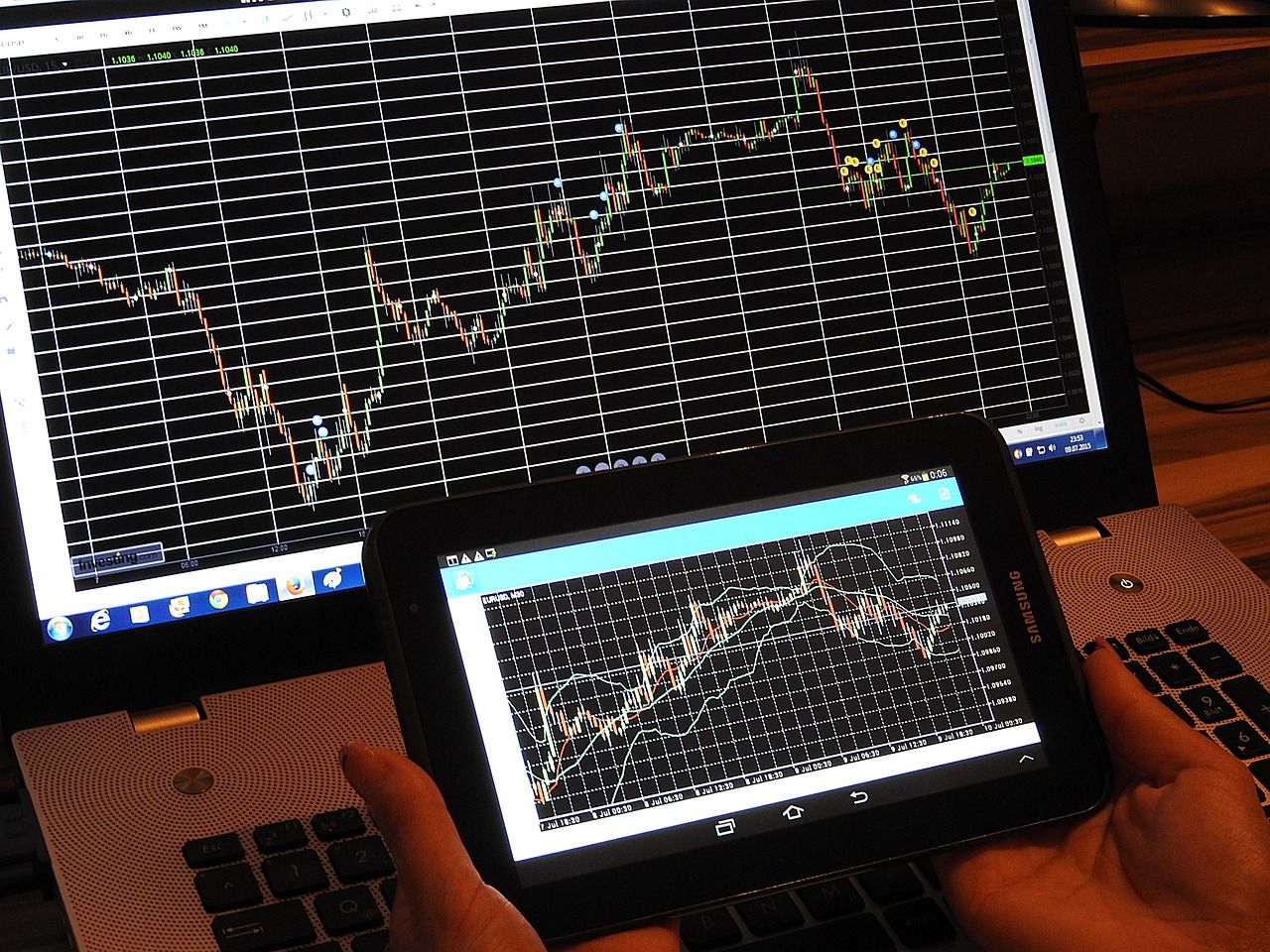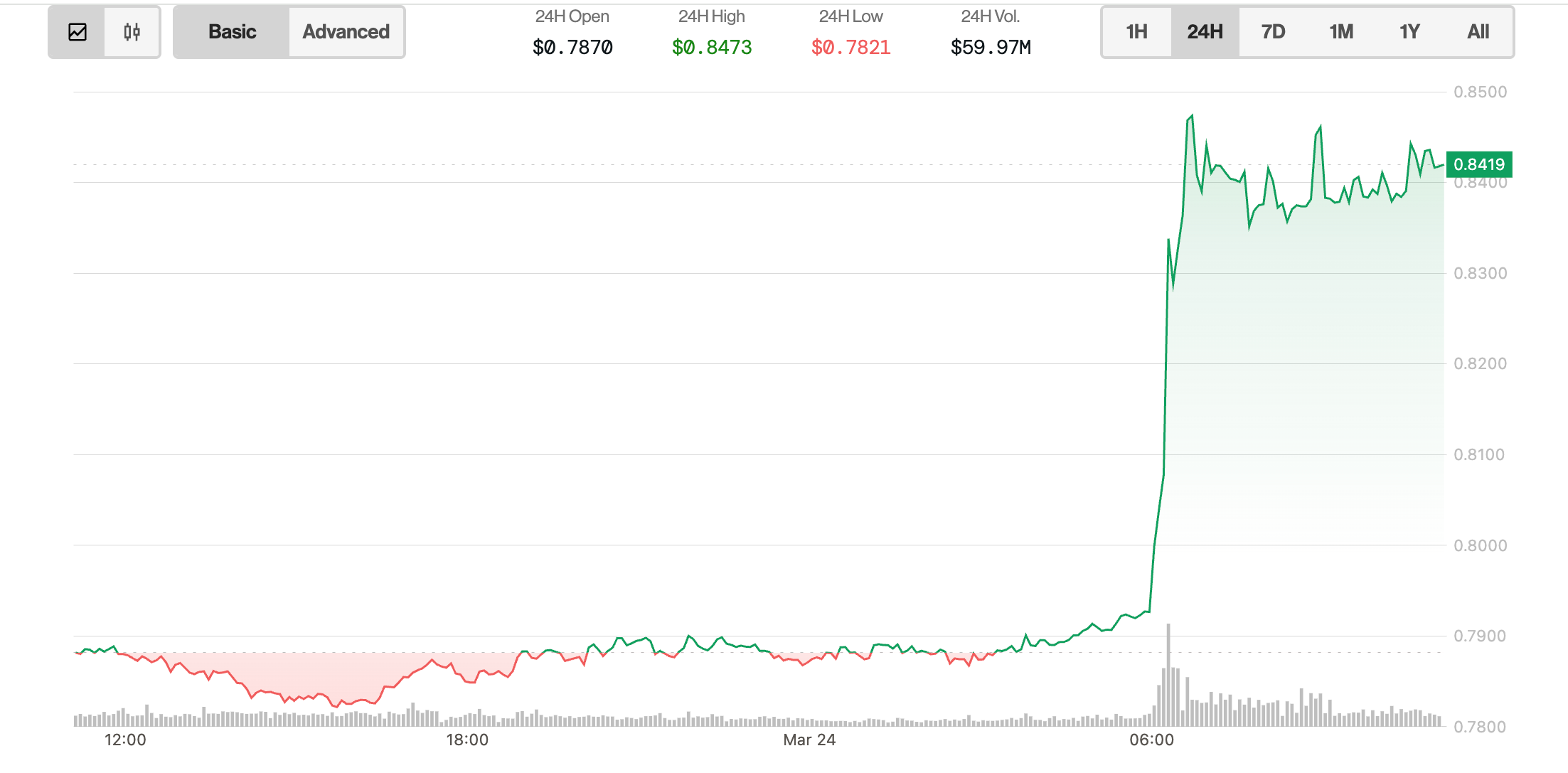Germany’s biggest banking group, Sparkassen-Finanzgruppe, is finally warming up to crypto. After years of brushing it off as too risky and too unstable, the institution is now preparing to let nearly 50 million customers buy and sell digital assets like Bitcoin and Ethereum from inside their regular banking app. No new apps, no third-party wallets, just straight through the platform millions already use.
The rollout is expected by mid-2026 and is being built by DekaBank, Sparkassen’s asset manager, which already holds a crypto custody license under German law. That gives the whole project a layer of legal protection most crypto startups could only dream of.
From Skeptic to Onboard
It wasn’t long ago that Sparkassen was warning people to steer clear of crypto entirely. In 2023, the board was still convinced the risks were too high—concerns ranged from wild price swings to fraud, to a lack of regulation. But a few things changed. First, the EU introduced MiCA, giving banks a proper framework to work with. Second, competitors started stepping into the space, and customers began asking why Sparkassen wasn’t keeping up.
JUST IN
Germany’s largest banking group Sparkassen will launch crypto trading services in 2026.
pic.twitter.com/qYiOKlDZV4
— Moby Media (@mobymedia) June 30, 2025
People weren’t just curious. They were ready. Matthias Dießl, representing the Bavarian branch of Sparkassen, admitted that customer interest was too big to ignore. In a world where financial services are constantly evolving, staying silent on crypto started to look more like falling behind than playing it safe.
DISCOVER: Best New Cryptocurrencies to Invest in 2025
How It Will Work
Instead of directing users to outside exchanges, Sparkassen will let people buy and sell crypto directly within their existing mobile banking apps. No separate onboarding, no extra KYC checks. That’s a big deal in terms of accessibility. And because the backend is powered by DekaBank, customers don’t have to worry about where their funds are going or who’s holding them.
This isn’t a flashy, hype-driven rollout. Sparkassen says it won’t offer investment advice or market the service heavily. But it will include clear warnings about the risks. The bank wants to provide access, not encouragement.
DISCOVER: 20+ Next Crypto to Explode in 2025
Everyone Else Is Doing It Too
Sparkassen is joining a growing list of banks across Europe that are taking crypto seriously. Deutsche Bank is deep into custody services. Börse Stuttgart runs the Bison app, one of Germany’s most active crypto trading platforms. Even Volksbanken, one of the more traditional names in German banking, is experimenting with crypto pilots.
Elsewhere in the EU, banks in Luxembourg and France are testing tokenized assets and applying for MiCA licenses. What was once seen as niche is becoming part of regular banking infrastructure, especially now that the rules are clearer and the demand is louder.
Not Without Caution
Sparkassen hasn’t thrown caution out the window. German regulators flagged nearly 9,000 suspicious crypto-related transactions in 2024 alone. Financial crime remains a top concern, especially when crypto is involved. That’s one reason Sparkassen is building on its own infrastructure instead of outsourcing. It’s a way to stay in control while expanding into new territory.
Why This Move Matters
Letting millions of everyday users access crypto through a traditional bank is a big deal. It removes friction, adds legitimacy, and forces other institutions to reconsider where they stand. For customers, it means they can finally explore digital assets without needing to dive into unfamiliar platforms.
And for Sparkassen, it’s a clear signal: crypto is no longer something to ignore. It’s now something you build for.
DISCOVER: 20+ Next Crypto to Explode in 2025
Join The 99Bitcoins News Discord Here For The Latest Market Updates
Key Takeaways
- Sparkassen will allow 50 million customers to trade crypto directly from their banking app by 2026.
- DekaBank, which holds a German crypto custody license, is building the infrastructure behind the rollout.
- The shift follows growing demand, clearer EU regulation under MiCA, and increased competition from other banks.
- Users won’t need new apps or extra KYC steps, making access easier and more secure for mainstream customers.
- Sparkassen plans a cautious rollout with risk warnings, maintaining control by using in-house systems instead of outsourcing.
The post Sparkassen to Let 50 Million Germans Trade Crypto by 2026 appeared first on 99Bitcoins.




















